“Pope Francis will shake consciences again”
Rome journalists Luis Badilla and Antonio Marguccio recently conducted a lengthy interview with Comboni Missionary Fr. Giulio Albanese, veteran Africanist and founder of the Missionary International News Service, on Africa and the Pope’s scheduled visit there. We excerpt it here:
Pope Francis will soon visit three countries in Africa: Uganda, Kenya and the Central African Republic. What are the differences?
Father Giulio Albanese: Pope Francis from November 25 to 30 will visit Kenya, Uganda and the Central African Republic to confirm the faith of their local churches, located in a sensitive geopolitical area.
The first stage of the apostolic visit will be Kenya, visited three times by his predecessor, St. John Paul II. Although in this country Catholics are only 8 million out of a total of more than 44 million Kenyans — so, less than 20% — the Catholic Church is engaged in evangelization in all areas. Since its independence, Kenya has been ruled by a parliamentary regime, but it has been plagued by endemic corruption and nepotism. From this point of view, unfortunately, the management of the res publica, public goods, especially by the government, has always left much to be desired. In addition, since the government in Nairobi authorized its troops to cross the border of Somalia in 2011, jihadist formations belonging to the Islamist movement al-Shabaab have numerous times entered Kenya, spreading death and destruction.
The massacre in Garissa on April 2 is an example: 150 people were killed, almost all of them Christian students.
Pope Francis, from this point of view, must call on everyone to ward off the temptation, always lurking, to use religion for violent, unjust purposes. The cooperation of all faiths today in Kenya, including the Islamic community firmly rooted along the Indian Ocean coast, is a challenge for the future of this country in the Horn of Africa.
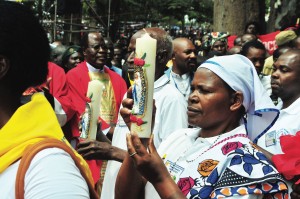
A nun carries a candle honoring the 22 Ugandan martyrs who were burned to death for their faith between 1885 and 1887 (CNS photo/Ronald Kabuubi, EPA).
This contrasts with the situation in Uganda, in reference to both the number of Catholics and Christians of other churches; they together comprise about 85% of the population. A former British protectorate, once called the “Pearl of Africa,” Uganda has played a strategic role in recent years in the events that have plagued the Great Lakes region; just think of Uganda’s involvement in the war in the former Zaire.
Uganda was the first country in sub-Saharan Africa to be visited by a Pope in modern times: Blessed Paul VI, from July 31 to August 2, 1969. On that occasion, Pope Paul VI addressed a message that has marked the history of evangelization at the continental level. “You Africans,” he said, “are now missionaries to yourselves. The Church of Christ is truly planted in this blessed land.” In particular, Paul VI stressed the urgency of authentic inculturation of the Gospel in African culture: “You can and must have an African Christianity.”
The Church of Uganda was born thanks to the sacrifice of the Ugandan Martyrs, a group of 22 servants, pages and officers of the king, who were converted to Catholicism by missionaries of Africa (White Fathers), and executed for being Christians under the reign of Mwanga II, between November 15, 1885 and January 27, 1887. It should be noted that these were the first sub-Saharan Africans to be venerated as saints by the Catholic Church. Indeed, in Uganda what Tertullian wrote — “The blood of martyrs is the seed of the Church” — has occurred.
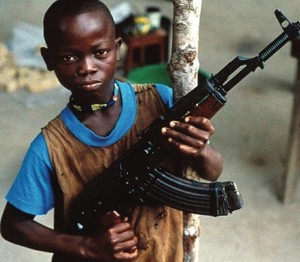
A Ugandan child soldier.
Unfortunately, in recent years, Uganda has been deeply marked tensions and conflicts between many different ethnic groups. Since independence, power was managed by local oligarchies, dynamic and effective, but also coercive and exclusionary especially with respect to the need for participation in civil society.
The visit of Pope Bergoglio provides an opportunity to defend the rights of the excluded in a country with an economy that, in addition to the agriculture and service sectors, has begun to develop as a strategic asset the oil basin of Lake Albert.
The third stage of the papal visit, the Central African Republic, is considered the most challenging. In fact, the Pope will visit a country that has fallen into absolute poverty, following a bloody civil war, gradually being resolved.
Although the international press has presented this civil war as a war of religion, behind the scenes are hidden economic interests. The object of the dispute is the huge mineral wealth of this former French colony. In addition to oil reserves, deposits of diamonds, gold, iron, and (especially) uranium have been identified. The delicate problem of “state-building” make this troubled African nation the litmus test of the international politics incapable of affirming the globalization of rights.
I’m sure that, as he travels to Africa for the first time in the exercise of his Petrine ministry, Pope Francis will stir consciences again. The main themes are peace and solidarity. Solidarity must be related to development, to a cooperation of hope.

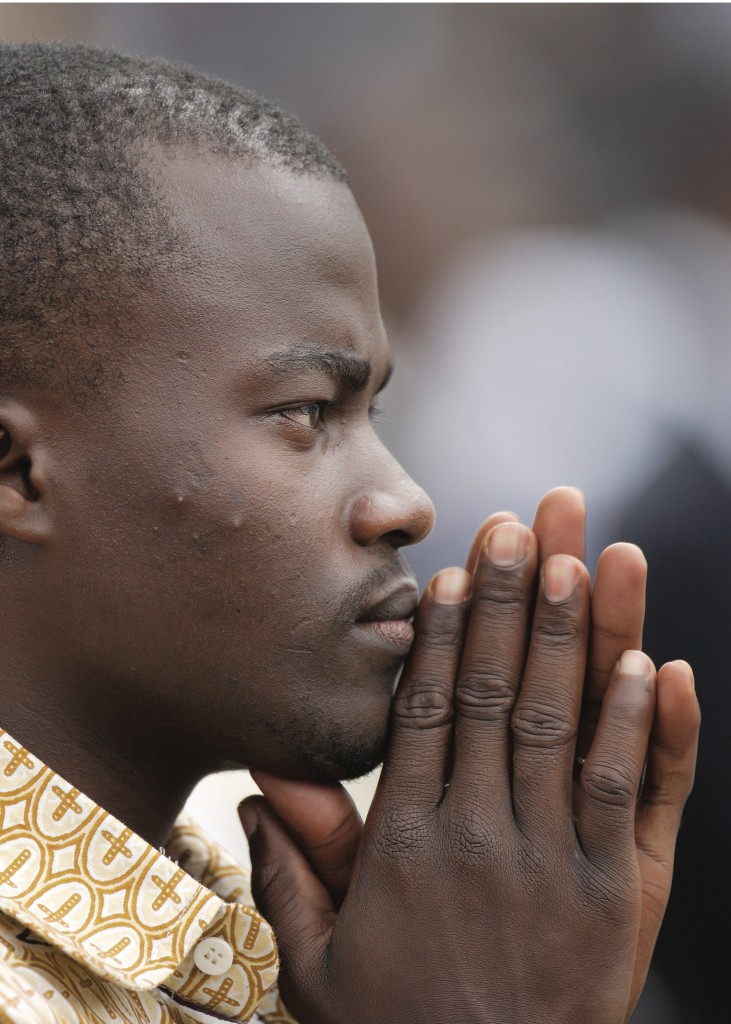
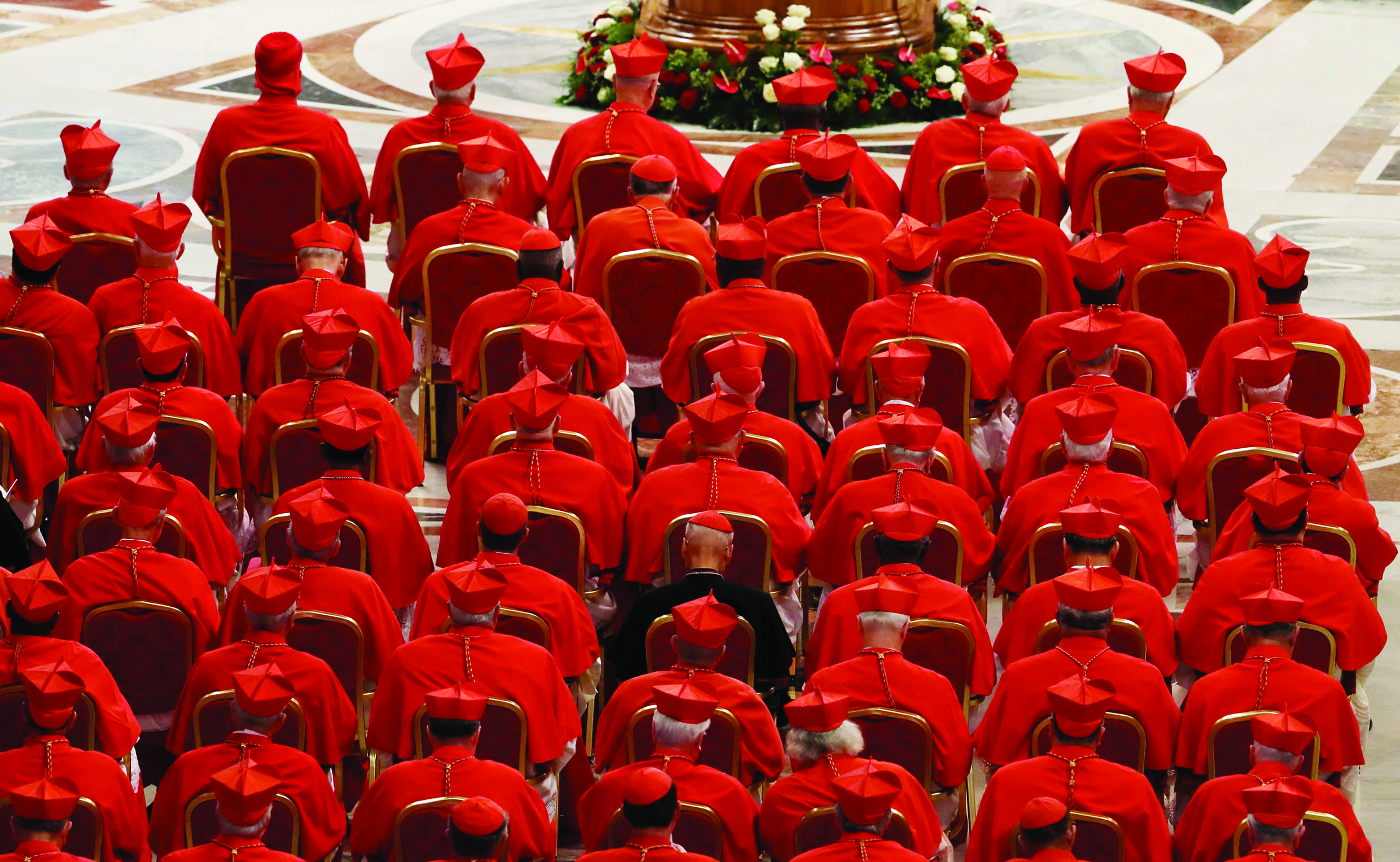
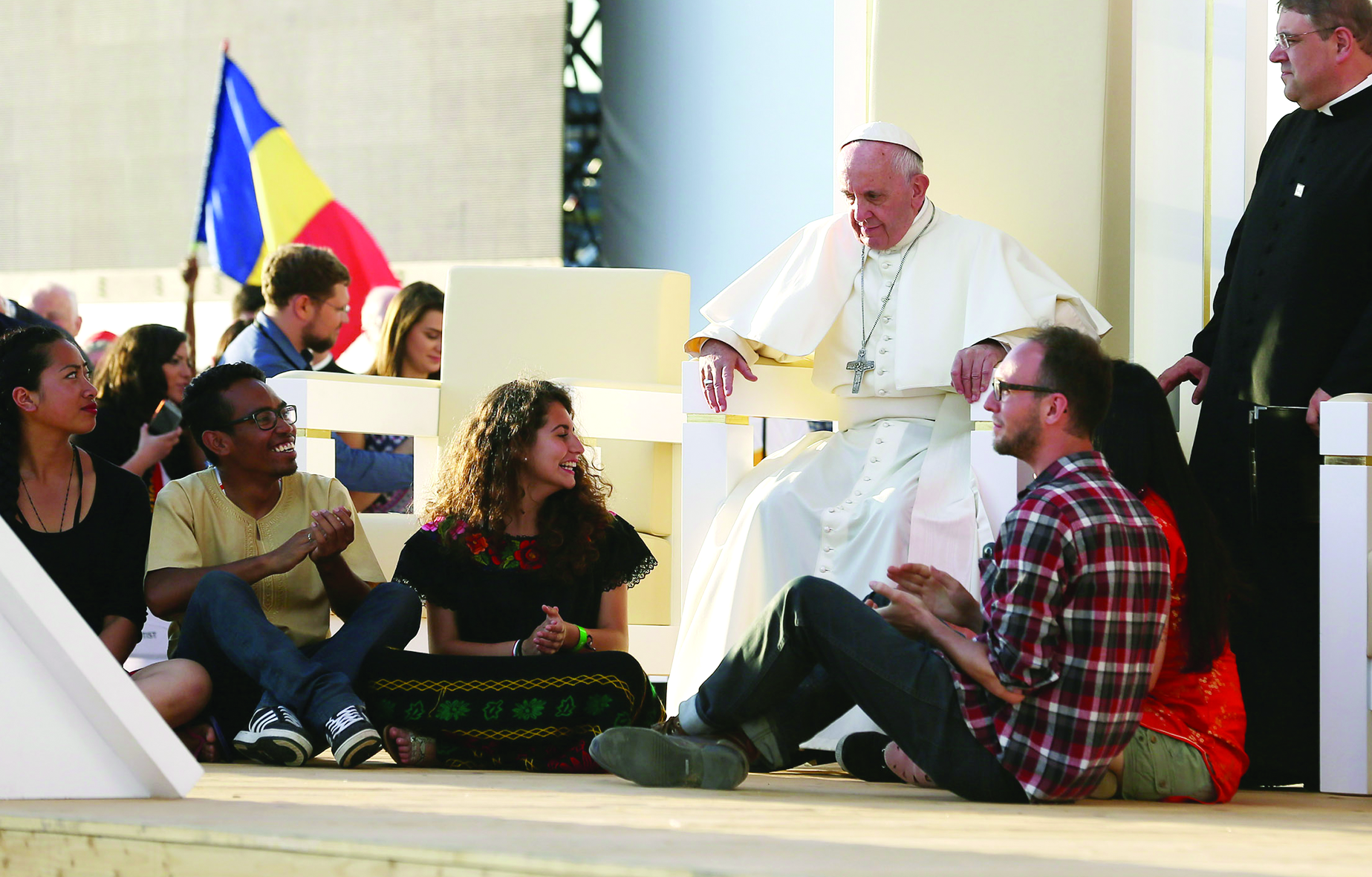
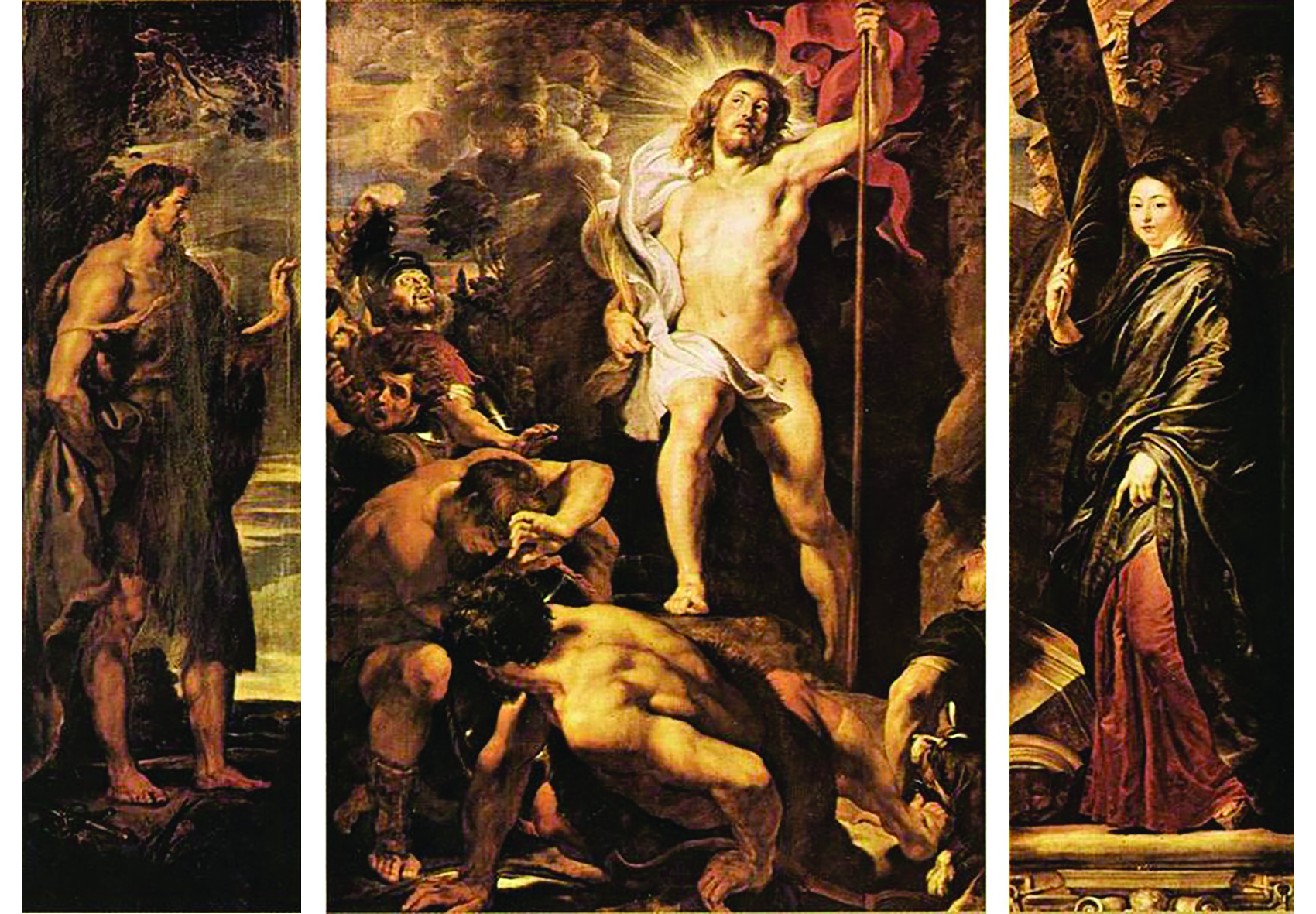


Facebook Comments